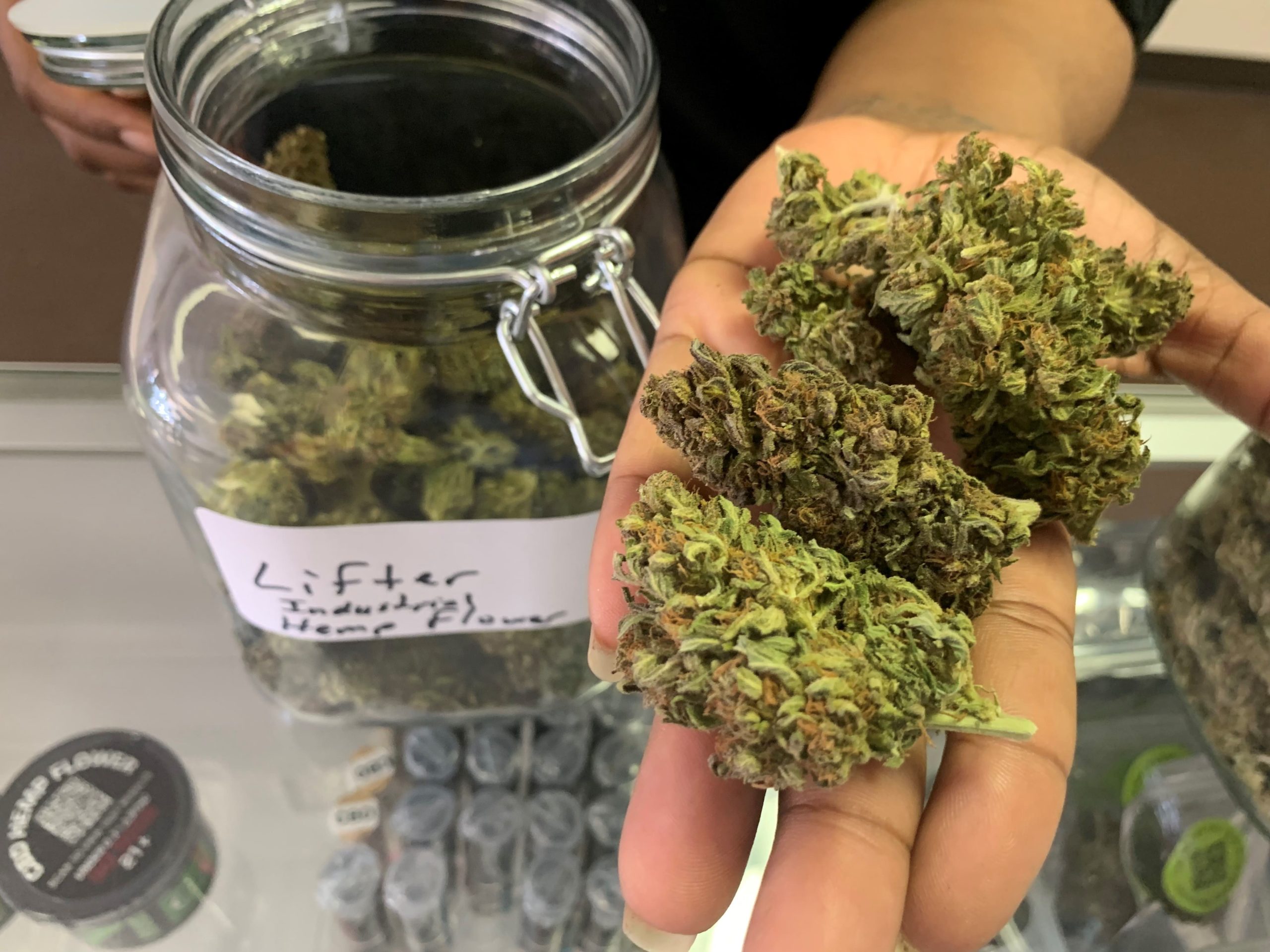The results of a new study examining cancer cells from the human and canine brain suggest that cannabidiol (or CBD) could be a useful therapy for some brain cancers that are difficult to treat.
The isolate and CBD of the extract can slow down growth and kill cancer cells. Note that it is a non-psychoactive chemical compound CBD derived from cannabis.
The study investigated glioblastoma, an often fatal form of brain cancer. It develops and spreads very quickly. Even with major advances in treatment, the survival rate for this cancer has not improved significantly.
“More research and treatment options for brain cancer patients are urgently needed,” said Chase Gross. He is a student in the PhD Program in Veterinary Medicine / Master of Science at Colorado State University. “Our work shows that CBD has the potential to provide an effective and synergistic therapeutic option for glioblastoma and should continue to be rigorously investigated,” he added.
Gross was to present the research at the annual meeting of the American Society for Pharmacology and Experimental Therapeutics this month in San Diego.
Although the meeting, which will be held in conjunction with the 2020 Experimental Biology Conference, has been cancelled due to the COVID 19 pandemic. The team’s research summary was published in this month’s issue – this from the FASEB Journal.

Gross and colleagues studied glioblastoma cells from humans and dogs because cancer shows striking similarities between the two species.
They tested the effect of the CBD isolate, which contains 100% CBD.
They also tested the CBD extract, which contains small amounts of other natural substances such as cannabigerol (CBG) and tetrahydrocannabinol (THC). “Our experiments have shown that it slows down the growth of cancer cells CBD and is toxic to canine and human glioblastoma cell lines.
In addition, the differences in anti-cancer activity between the isolate and the CBD extract appear to be negligible,” Gross said.
Research has shown that the toxic effects of CBD are mediated by the natural route of cell apoptosis. This is a form of programmed cell death (a process in which cells trigger self-destruction in response to a signal).
The researchers also observed that CBD-induced cell death was characterized by a large extent. These were swollen intracellular vesicles before the membrane began to swell and degrade. Furthermore, this was the case in all cell lines investigated.
Researchers believe that the anti-cancer measures of CBD target the mitochondria. the energy-producing structures of the cell. It causes a dysfunction of the mitochondria and releases harmful reactive oxygen species. Their experiments showed that cells treated with CBD showed a significant decrease in mitochondrial activity.
“CBD has been extensively studied in cells for its anticancer properties over the last decade.
Our study helps to complete the in vitro puzzle. It will thus enable us to make progress in investigating the effects of CBD on glioblastoma.
In a clinical context, in living animal models. In addition, this could lead to new treatments that would help both humans and dogs with this very serious cancer,” said Gross.
The researchers then plan to switch from cell cultures to animal models in order to test the effects of CBD on glioblastoma under real conditions.
Come and visit their website for more info about CBD flower.

